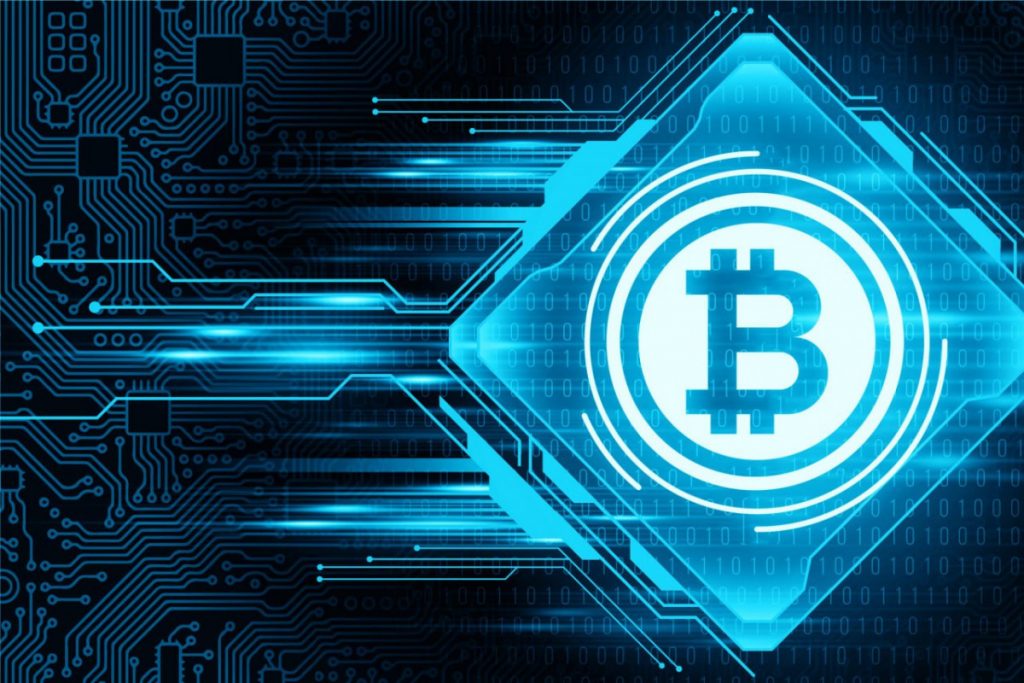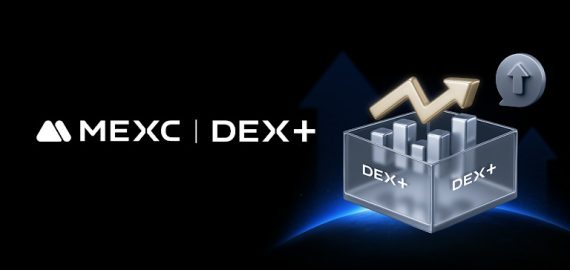Examining Bitcoin's Lightning Network Technology

Bitcoin is on a rapid trajectory towards reaching $90,000. It symbolizes a revolutionary decentralized movement but often comes with painfully slow and costly transactions. Despite Bitcoin's groundbreaking foundation, it has struggled with scalability. Enter the Lightning Network — a transformative solution that could elevate Bitcoin into the mainstream and change the financial landscape permanently.
Let's skip the jargon. The Lightning Network isn't just another enhancement; it's Bitcoin's tactical advantage, akin to having a high-speed expressway built onto the existing road system. It employs innovative off-chain payment channels and smart contracts, allowing for super-fast and incredibly affordable transactions while still adhering to Bitcoin's core tenets of decentralization and security.
Why is this a Big Deal?
Picture this scenario: buying a coffee with Bitcoin might end up costing you more in transaction fees than the beverage itself. This isn't exaggeration; it's a factual representation of Bitcoin's current limitations. However, the Lightning Network effectively dismantles this issue. Micropayments in satoshis (1 BTC = 100 million satoshis) are no longer just a dream; they're achievable and feasible.
It's not solely about ease of use; it unleashes Bitcoin's true capabilities. For example:
- Global Microtransactions: Sending money across borders could be as simple as sending a text. The Lightning Network makes such interactions possible.
- Decentralized Applications (dApps) Enhanced: The speed and low transaction fees of Lightning pave the way for a new wave of dApps, far exceeding the limitations of current blockchain technology.
- Elimination of Payment Gateways: Direct peer-to-peer payments, which bypass centralized authorities, enable both individuals and businesses to transact freely.
The Numbers Don’t Lie
Bitcoin’s primary blockchain manages about seven transactions per second, while Visa handles thousands. The Lightning Network? With its 48,620 active payment channels – as per the latest 1ML data – it could theoretically achieve an unbelievable 24.31 million transactions per second. The figure will only grow as more nodes and channels integrate into the system.
Source: https://glossary.blockstream.com/lightning-network/
Note: The figures illustrated in the graphic regarding LN TPS (calculated at 500 TPS x 85,000 channels) are based on outdated information; the current figure stands at 48,620.
This isn't a hypothetical scenario. The average Bitcoin transaction fee hovers around $1, but during busy times, it can spike to $125! Conversely, a $100 transaction on Lightning could cost you less than one cent.
Beyond Just Quick Transactions: The P2P Revolution
The Lightning Network revolutionizes not only transaction speed but also sets the stage for a genuinely decentralized, peer-to-peer economy. It builds the necessary framework for a world where individuals and businesses can trade directly without intermediaries, promoting a more fair and efficient financial landscape. Additionally, transactions on the Lightning Network are not deposited directly onto the blockchain, which enhances user privacy. Innovations such as Nervos CKB's Fiber Network aim to further privacy by implementing PTLC (Point Time Locked Contracts) based on HTLC (Hash Time Locked Contracts), utilizing unique secret values at each stage of the payment process.
Looking Forward: Stablecoins and Widespread Adoption
While the Lightning Network boasts immense potential, it hasn’t yet reached its full capacity. Merging stablecoins — cryptocurrencies tied to stable assets like the US dollar — is vital for widespread acceptance. This would alleviate Bitcoin's price volatility and make the Lightning Network much more appealing to everyday users and businesses. Projects like Lightning Labs' development of LND for Taproot Assets-based stablecoins and Nervos CKB's Fiber Network, which supports custom assets including stablecoins like Stable++, are clearing the path for this integration.
Statistics on Lightning Network Channel Count and Capacity
Source: https://mempool.space/graphs/lightning/capacity#all
The Verdict?
The Lightning Network is more than just a tech improvement; it's a transformative shift that's setting the stage for Bitcoin's transition from a volatile asset to a common method for day-to-day payments. While challenges are clearly evident, the opportunities it presents are undeniable. This journey isn't merely for Bitcoin; it signifies a pivotal moment for the future of finance itself. Get ready. Things are about to accelerate.
To learn more about CKB and Fiber Network, check out the links below:
https://twitter.com/CKBEcoFund
Disclaimer
In line with the Trust Project guidelines Please be advised that the information shared on this page is intended solely for informational purposes and should not be construed as legal, tax, investment, financial, or any other type of advice. It’s crucial to invest only what you can afford to lose and to seek independent financial advice if you are uncertain. For further guidance, refer to the terms and conditions and the help and support pages provided by the relevant issuer or advertiser. MetaversePost is dedicated to delivering accurate and impartial reporting, but market conditions may change without warning.







